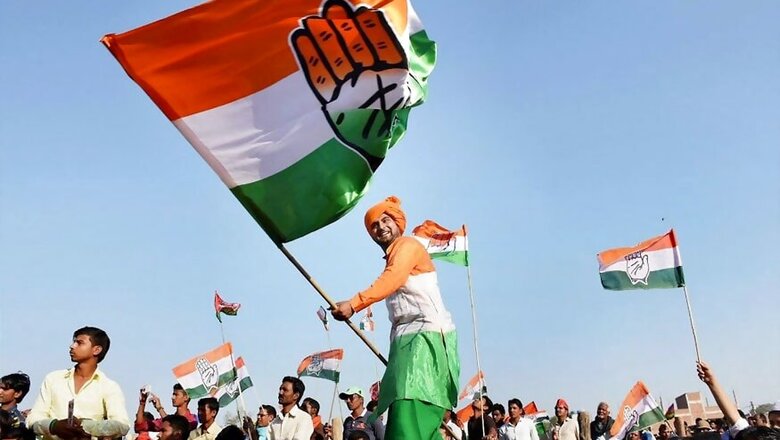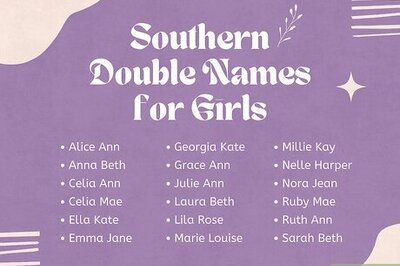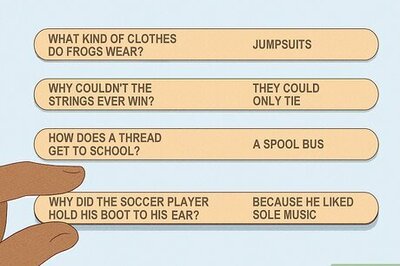
views
New Delhi: For the first time in many years, Ashok Gehlot was not home in Jodhpur for Diwali. The Congress general secretary was busy giving final touches to the caste coalitions he has been stitching for the upcoming Gujarat Assembly polls, whose charge he has been given by the party high command.
A day after Diwali, marking the dawn of Gujarati New Year, Congress offered tickets to three young turks — Hardik Patel, Jignesh Mevani and Alpesh Thakor. While Patel has led a protracted Patidar agitation for quotas, Mevani left his legal practice to lead protests against public flogging of Dalits at Una last year.
However, Thakor is electorally most significant catch for the Congress. The OBC leader has formally joined the Congress after meeting Rahul Gandhi in Delhi.
Out of power for more than two decades in the Western state, Congress is attempting to cast a net around Narendra Modi-led BJP’s pan-Hindu identity. It is not challenging the BJP on Hindutva, or taking the beaten path through the communal-secular divide. This time, the Grand Old Party is hedging on the fundamentals of Indian socio-political matrix — the caste.
Congress’ strategy in the state is pivoted on mobilizing close to 150 Other Backward Castes (OBCs) which together form the largest voting bloc in the state. Alpesh Thakor emerged as the leading OBC face by challenging Patidars’ claim over the quota pie. The fact that Thakor has joined the party shows that OBCs will be the core constituency that Congress will target.
It is now clear that this amorphous group of socially and educationally backward castes will be at the core of the Congress campaign in Prime Minister Narendra Modi’s home turf. These communities are also compatible with Congress’ traditional vote bank among Dalits and minorities.
The most clinical aspect of this game-plan rests on the assessment of consolidation of majority votes in the last three elections. In popular narrative, Patidars were always seen to be the backbone of BJP’s uninterrupted rule in the state. Patels, like many intermediary agrarian communities in other states, were politically influential and vocal in their support to the BJP.
But a combination of agrarian stress and Hardik Patel-led popular movement against state government may dent this fort, at least partially. And Congress seems to be making a cautious move on this front. While it wants support of Patidars, Hardik Patel is unlikely to join the party. This will help Patel retain his image of a protester while not allowing BJP to charge him of being a Congress plant.
Under Narendra Modi, BJP’s success in the state was partly due to its ability to manage caste contradictions despite Patel domination. Modi’s own OBC identity was perhaps a key stabilizer.
Modi, interestingly, has underscored his caste credentials only outside Gujarat —especially in Hindi heartland. In Gujarat, he doesn’t need to do that. It’s there in the subtext. By emphasizing on caste identity in home state, one also runs the risk of antagonizing other dominant communities.
But this subtext or the background score has the potential to mobilise 146 disparate backward communities without disrupting the social order. BJP has benefited from this mobilization for two decades.
Congress is now trying to disrupt the status quo.

















Comments
0 comment